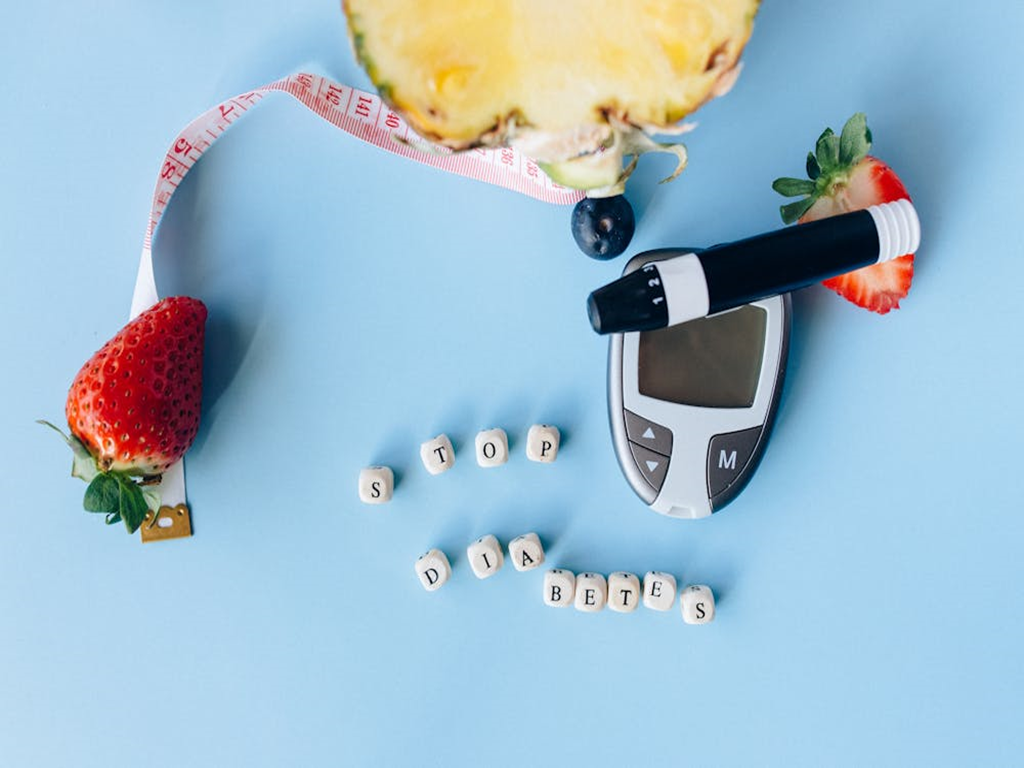
Maintaining a heart-healthy diet is crucial for managing heart failure and preventing complications. While some foods are beneficial for heart health, others can worsen symptoms and strain the heart. Here are five of the worst foods for heart failure that you should avoid:
High-Sodium Foods
Sodium, commonly found in salt, can cause fluid retention and increase blood pressure, putting extra strain on the heart. Processed foods, canned soups, fast food, and salty snacks like chips and pretzels are often high in sodium. Opt for fresh, whole foods whenever possible, and flavor your meals with herbs and spices instead of salt.
Saturated and Trans Fats
Foods high in saturated and trans fats can raise cholesterol levels and increase the risk of heart disease. Avoid fatty cuts of meat, fried foods, butter, full-fat dairy products, and commercially baked goods like cookies and pastries. Instead, choose lean proteins like poultry, fish, and legumes, and use heart-healthy oils like olive or avocado oil for cooking.
Processed Meats
Processed meats such as bacon, sausage, hot dogs, and deli meats are often high in sodium, saturated fat, and preservatives, making them unhealthy choices for heart failure patients. These foods can contribute to inflammation and increase the risk of cardiovascular problems. Opt for lean cuts of fresh meat or poultry, and limit processed meats in your diet.
Sugary Foods and Beverages
Excessive consumption of sugar can lead to weight gain, insulin resistance, and inflammation, all of which can exacerbate heart failure symptoms. Avoid sugary beverages like soda, fruit juices, and energy drinks, as well as sweets like candy, pastries, and sugary cereals. Instead, satisfy your sweet tooth with fresh fruits or small portions of dark chocolate, and choose water or unsweetened beverages as your primary drink.
High-Carb, Low-Fiber Foods
Foods that are high in refined carbohydrates and low in fiber can spike blood sugar levels and contribute to insulin resistance and weight gain. Limit your intake of white bread, white rice, pasta, and sugary cereals, and opt for whole grains like brown rice, quinoa, and whole wheat bread instead. Incorporating plenty of fruits, vegetables, and legumes into your diet can also help increase fiber intake and support heart health.
By being mindful of your food choices and avoiding these five worst foods for heart failure, you can take proactive steps toward better heart health. Remember to focus on whole, nutrient-rich foods, limit processed and high-sodium options, and consult with a healthcare professional or registered dietitian for personalized dietary recommendations tailored to your specific needs and condition.






















